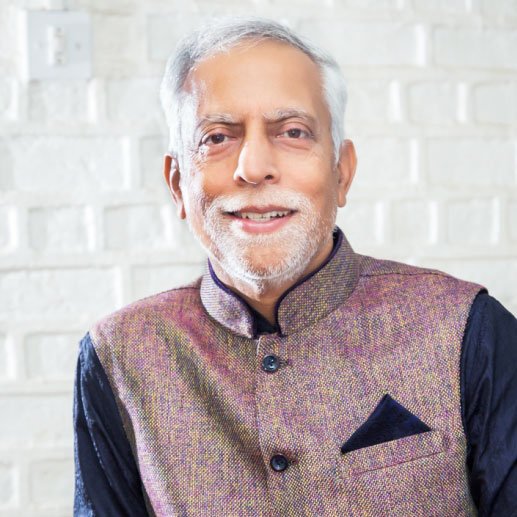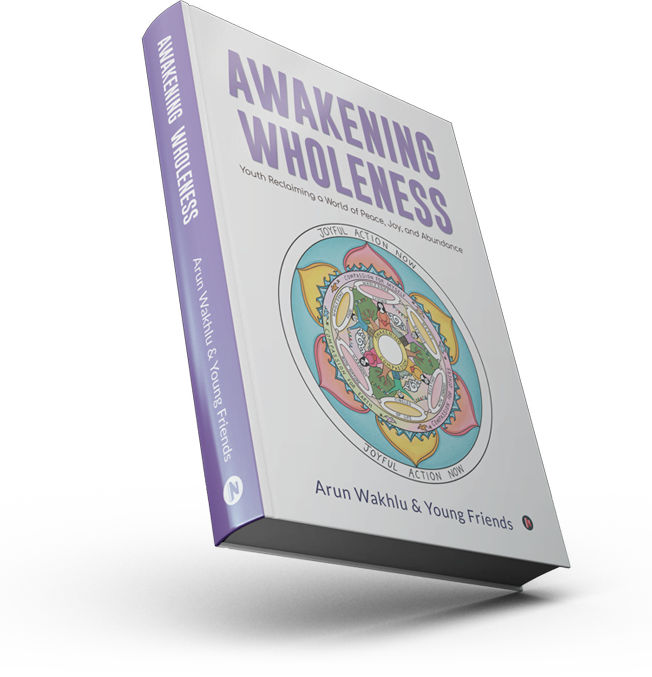Quick Reads From Awakening Wholeness: a book that helps young leaders develop compassion for Myself, Others and The Earth.
Our Mission is supporting Youth Globally in learning Compassion for Oneself, Others & our Environment.

Many years ago, Norman Cousins was diagnosed as “terminally ill”. He was given 6 months to live. His chance of recovery was 1 in 500. He could see the worry, depression, and anger in his life that had contributed to and perhaps helped cause his disease. He wondered, “If illness can be caused by negativity, can wellness be created by positivity?” He decided to make an experiment for himself.
Laughter was one of the most positive activities he knew. He rented all the funny movies he could find — Keaton, Chaplin, Fields, and the Marx Brothers.
He read funny stories. He asked his friends to call him whenever they said, heard, or did something funny. His pain was so great that he could not sleep. After laughing for 10 solid minutes, he relieved the pain for several hours so he could sleep. He fully recovered from his illness and lived another 20 happy, healthy, and productive years. (His journey is detailed in his book, ‘Anatomy of an Illness’).
He credits visualisation, the love of his family and friends, and laughter for his recovery.
Peter McWilliams writes in “Chicken Soup for the Surviving Soul”:
“Some people think laughter is a waste of time. It is a luxury, they say, a frivolity, something to indulge in only every so often. Nothing could be further from the truth. Laughter is essential to our equilibrium, to our well-being, and to our aliveness. If we’re not well, laughter helps us get well; if we are well, laughter helps us stay that way. Since Cousins’
ground-breaking subjective work, scientific studies have shown that laughter has a curative effect on the body, mind, and emotions. So, if you like laughter, consider it sound medical advice and indulge in it as often as you can. If you don’t like laughter, then take your medicine and laugh anyway. Use whatever makes you laugh — movies, sitcoms, Monty Python, records, books, New Yorker cartoons, jokes, or friends. Give yourself the permission to laugh — long and loud and out loud — whenever anything strikes you as funny. The people around you may think you’re strange, but sooner or later they’ll join in, even if they don’t know what you’re laughing about. Some diseases may be contagious, but none is as contagious as the cure — laughter.”
Leading a purposeful life and doing good work is also a great way to be happy and healthy.
We will share more about this in the next chapter on “Happy Service”. With all these tools and ideas for action, we wish you a joyous and healthy life.
Here are some more actionable ideas from our young friends in response to the question:
“If you had to share simple actionable ideas for healthy living, what
would they be?”
Workout, be confident and happy with yourself, and do stuff you enjoy, as your overall health and mental health are directly proportional.
~ Ryan, 16, England
Pick something that you like to do, and do it at least once a week. Go out with a friend. Get in contact with nature (beach, mountains, river) — anything that’s alive. (For me, the most important thing is to listen to your body, because he knows what he needs!
~ Ines, 18, France
1) Your body and mind should be aligned; binge eating, eating out of frustration, and not listening to body signals lead to different kinds of ailments.
2) Your gut health is most important.
3) Eat right, stop when your body says it’s enough, rest a lot, and meditate or do yoga for your mind to feel at peace.
4) Try to live in the present and practice mindfulness.
~ Anagha , 36, India
A very simple action is to do stuff that makes you happy and not stuff so that you fit in. Have a few days for yourself where you pamper yourself, spend time with people that make you happy, and cut the toxic people out. In the end, accept yourself for the way you are and talk to someone about how you feel; do not keep it inside.
~ Arusha, 16, India
Simple things can be done in our day-to-day lives to make ourselves healthier and happier. Around half an hour of exercise every day certainly improves my mood and helps me sleep, so I
highly recommend it. Eating healthy, homemade food is always a good thing, even though an occasional treat once in a while won’t do any harm.
~ Abhay, 15, India
1. to count your blessings and be grateful for what you already have.
2. A healthy mind comes first, after which comes a healthy body. Then, we can attain healthy living.3. Appreciation in place of criticism, self-respect in place of comparison, and understanding in place of anger
~ Nirmayee, 16, India







